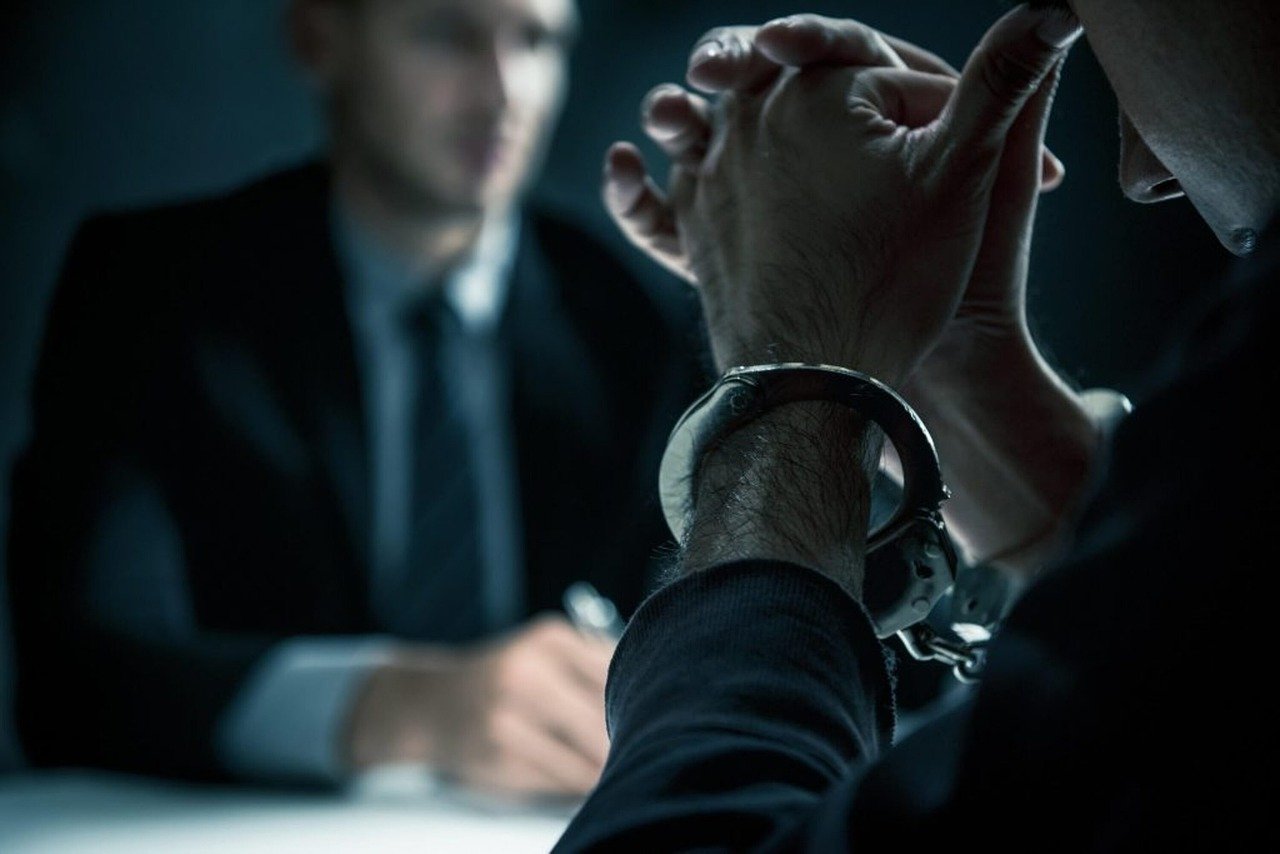Criminal defense lawyers play a pivotal role in the justice system, ensuring that every individual accused of a crime receives a fair trial. While the profession is often glamorized in the media, the reality is far more complex and challenging. This article delves into the myriad difficulties that criminal defense lawyers face, shedding light on the less visible aspects of their work.
Emotional and Psychological Strain
Dealing with High-Stakes Cases
Criminal defense lawyers frequently handle cases that involve severe penalties, including long prison sentences or even the death penalty. The pressure to achieve the best possible outcome for their clients can be immense. This constant high-stakes environment can lead to significant emotional and psychological stress, as the weight of their clients’ futures rests heavily on their shoulders.
Managing Personal Beliefs and Professional Duties
One of the most challenging aspects of being a criminal defense lawyer is the need to set aside personal beliefs to ensure a fair trial for every client, regardless of the crime they are accused of committing. Representing individuals accused of heinous crimes, such as murder or sexual assault, can be particularly taxing. Defense lawyers must navigate the fine line between their duty to provide the best defense possible and their personal moral compass.
Ethical Dilemmas
Confidentiality vs. Public Safety
Criminal defense lawyers are bound by attorney-client privilege, which means they cannot disclose information shared by their clients without consent. However, this can lead to ethical dilemmas, particularly when a lawyer becomes aware of information that could prevent future crimes. Balancing the duty to maintain confidentiality with the desire to protect the public can be a significant challenge.
The Risk of Misrepresentation
There is always a risk that a lawyer might inadvertently misrepresent facts or mislead the court in their zeal to defend their client. The pressure to win cases can sometimes blur ethical lines, making it essential for defense lawyers to remain vigilant and uphold their professional integrity.
Work-Life Balance
Long Hours and High Workload
Criminal defense lawyers often work long hours, including evenings and weekends, to prepare for court appearances, review evidence, and meet with clients. This demanding schedule can make it difficult to maintain a healthy work-life balance, leading to burnout and decreased job satisfaction over time.
Impact on Personal Relationships
The demanding nature of the job can also strain personal relationships. Defense lawyers may find it challenging to spend quality time with family and friends, leading to feelings of isolation and neglect. The emotional toll of their work can also make it difficult to disconnect from the job, further impacting their personal lives.
Public Perception and Stigma
Misunderstanding of the Role
The general public often misunderstands the role of criminal defense lawyers, viewing them as individuals who help criminals escape justice. This negative perception can lead to stigmatization and a lack of appreciation for the crucial role they play in upholding the legal system. Defense lawyers frequently have to contend with criticism and judgment from society, which can be demoralizing.
Media Influence
Media portrayals of criminal defense lawyers often exaggerate or distort the reality of their work. High-profile cases covered extensively by the media can lead to public bias, making it even more challenging for defense lawyers to ensure a fair trial for their clients. This media scrutiny can also add to the pressure and stress faced by defense lawyers.
Financial Constraints
Limited Resources for Defense
Unlike prosecutors, who have access to extensive government resources, criminal defense lawyers, especially those working in public defense, often face significant financial constraints. Limited access to expert witnesses, forensic testing, and investigative resources can hinder their ability to build a strong defense. This disparity in resources can be frustrating and demoralizing for defense lawyers committed to providing the best possible representation for their clients.
Pro Bono Work
Many criminal defense lawyers take on pro bono cases to ensure that individuals who cannot afford legal representation still receive a fair trial. While this work is commendable, it can add to their workload and financial strain, as they must balance paid and unpaid cases. The commitment to pro bono work reflects their dedication to justice but also underscores the financial challenges they face.
Navigating Complex Legal Systems
Ever-Changing Laws and Regulations
The legal landscape is constantly evolving, with new laws and regulations frequently being introduced. Criminal defense lawyers must stay abreast of these changes to provide effective representation for their clients. This requires continuous education and training, adding to their already substantial workload.
Bureaucratic Hurdles
Navigating the legal system involves dealing with a myriad of bureaucratic hurdles, from filing paperwork to meeting court deadlines. The administrative aspects of the job can be time-consuming and frustrating, diverting attention from more substantive legal work.
Violent Crime Defense
The Complexity of Violent Crime Cases
Defending clients accused of violent crimes, such as assault, robbery, or murder, presents unique challenges. A Suzuki Law violent crime defense lawyer must meticulously analyze evidence, interview witnesses, and often contend with highly emotional and traumatic details. The stakes are incredibly high, as these cases can result in severe penalties, including life imprisonment. The emotional toll of dealing with violent crime cases can be particularly draining, requiring defense lawyers to maintain a high level of resilience and professionalism.
Conclusion
Criminal defense lawyers are essential to the functioning of a fair and just legal system. They face numerous unspoken challenges, from emotional and psychological strain to ethical dilemmas and financial constraints. Despite these difficulties, they remain dedicated to upholding the rights of the accused and ensuring that justice is served. Their work is both demanding and vital, requiring a unique blend of legal acumen, ethical integrity, and personal resilience. By understanding and acknowledging the challenges they face, we can better appreciate the critical role they play in our society.





